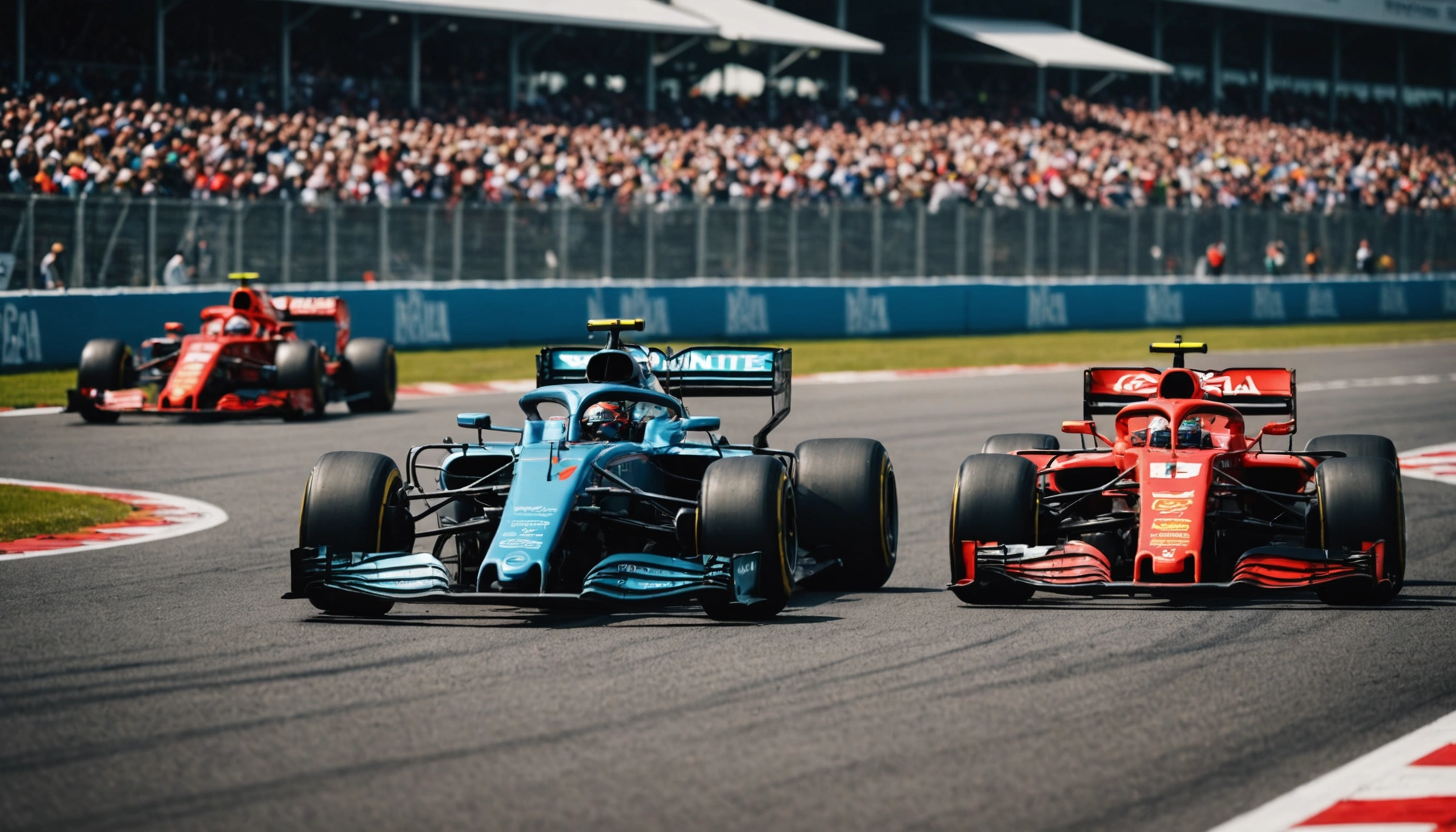Premier League Considers New Financial Rules To Replace PSR
The Premier League is set to decide on scrapping the PSR for a new squad cost ratio system, aligning more closely with UEFA's financial controls.

By Editorial
Introduction to the Premier League's Financial Regulation Debate
The Premier League, one of the world's most lucrative football competitions, is on the verge of a significant financial policy decision. Since 2015-16, the league has enforced the Profit and Sustainability Rules (PSR) to curb overspending and promote financial health among clubs. However, growing criticism from clubs and managers alike has ignited discussions about replacing the PSR with a more flexible alternative.
Chief executive Richard Masters recently confirmed that a decision on this matter is imminent, with a meeting scheduled for November likely to set the course. This article delves into the current PSR framework, the proposed squad cost ratio (SCR) system, and what these changes could mean for the Premier League’s financial landscape.
What Are The Profit And Sustainability Rules?
The PSR were introduced to prevent clubs from spending beyond their means, allowing losses of up to £105 million over a three-year period. This was designed to encourage responsible investment while maintaining competitive balance. Despite these intentions, several top-tier clubs have criticised the rules for restricting their ability to invest in talent and infrastructure.
For example, clubs like Everton and Nottingham Forest faced point deductions in the 2023-24 season for breaching PSR, highlighting the rigidity and enforcement seriousness of these rules. Newcastle’s manager Eddie Howe has publicly voiced concerns, stating that PSR inadvertently encourages clubs to sell academy players rather than retain talent, which could hinder long-term club development.
The Proposed Squad Cost Ratio System Explained
The alternative under consideration is the squad cost ratio (SCR) system, a financial control mechanism similar to the one used by UEFA. SCR limits the amount clubs can spend on squad-related costs as a percentage of their total revenue, with UEFA’s current threshold set at 70%. The Premier League’s proposed SCR would be more lenient, allowing up to 85%, recognising the league’s unique financial ecosystem.
This system aims to align Premier League financial governance closer to European standards while preserving clubs’ capacity to attract investment. Given that nine of the league’s 20 clubs already comply with UEFA’s SCR due to European competition qualification, this shift would simplify regulation for these teams.
For context, Chelsea and Aston Villa were fined by UEFA in July for SCR breaches, emphasising the importance of such controls. The Premier League’s version could provide clubs with greater flexibility, potentially encouraging more competitive spending and investment.
Clubs’ Reactions And The Broader Financial Impact
The PSR has drawn criticism from influential figures like Aston Villa’s co-owner Nassef Sawiris, who described the rules as favouring the biggest clubs and limiting fair competition. Sawiris even contemplated legal action against the regulations, signalling significant discontent among stakeholders.
Moreover, the record-breaking transfer window spending during summer 2023 has intensified the debate on whether PSR still suits the evolving financial realities of top-flight football. The expanded Champions League and new Club World Cup formats have increased revenues for participating clubs, further complicating the financial landscape.
Given these changes, many argue that a modernised financial system like SCR, possibly complemented by the innovative 'top to bottom anchoring' (TBA) model, could better safeguard competitive balance. The TBA method limits club spending based on the income of the league’s lowest-earning club, which could help prevent excessive disparities.
What The Future Holds For Financial Regulations In The Premier League
Richard Masters emphasised that while the PSR has its strengths, no system is flawless. The Premier League is committed to continuous dialogue with clubs to find the right balance between financial prudence and investment freedom. This careful approach is vital, given the league’s reliance on international capital and its global reputation.
If adopted, the new regulations including SCR and potentially TBA could come into effect from the next season, reshaping club strategies on player acquisitions and wage structures. This change could influence how clubs manage their squads, youth development, and long-term sustainability.
Conclusion: Balancing Investment And Sustainability
The Premier League stands at a critical juncture in its financial governance. Moving away from the PSR to a system more aligned with UEFA’s SCR reflects a desire to modernise rules while fostering investment and competitiveness. However, this transition requires careful calibration to avoid repeating past mistakes.
Fans and stakeholders alike await the November decision, which promises to have far-reaching effects on English football’s top tier. For more insights into the Premier League and other sports updates, explore our detailed posts such as Premier League top scorers who is leading the charts in 2024 and Sky Sports for EFL fixtures how to watch your team this season.
Related topics
Editorial
Sports expert at SportsScoop
Specialist in sports analysis and journalism
Related articles
Want to read more?
Explore our comprehensive collection of sports articles and analysis, or contact us for more information.



